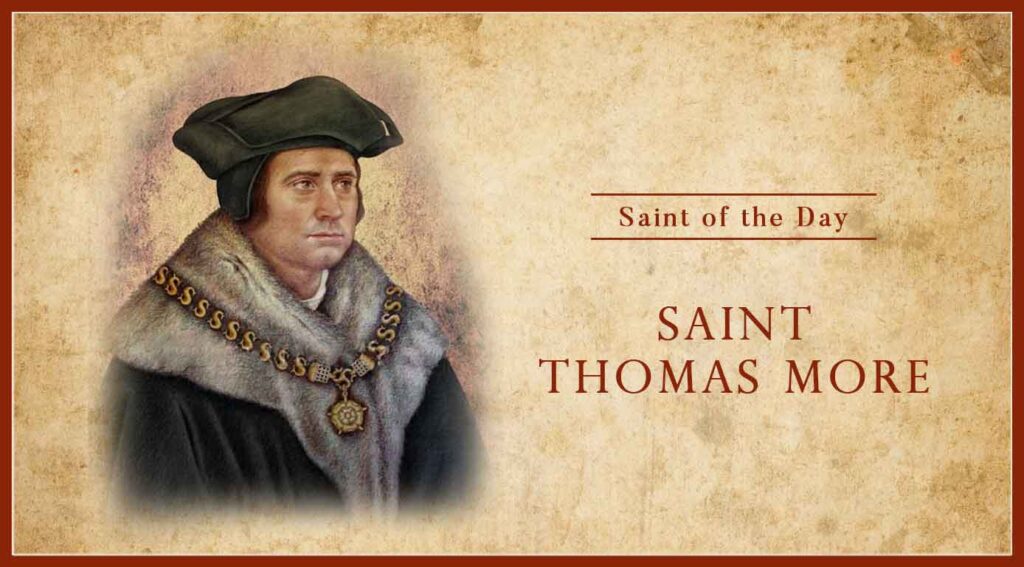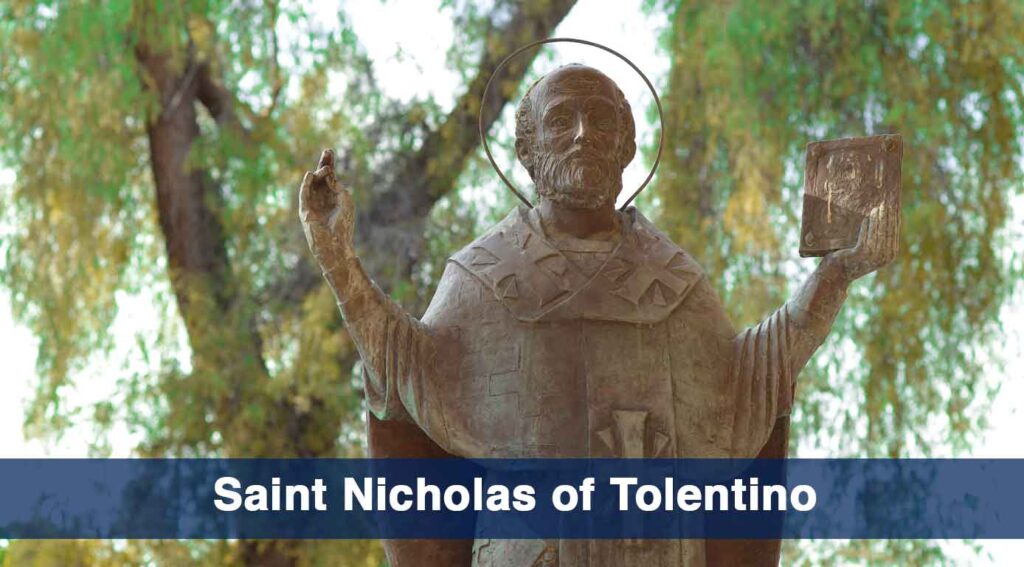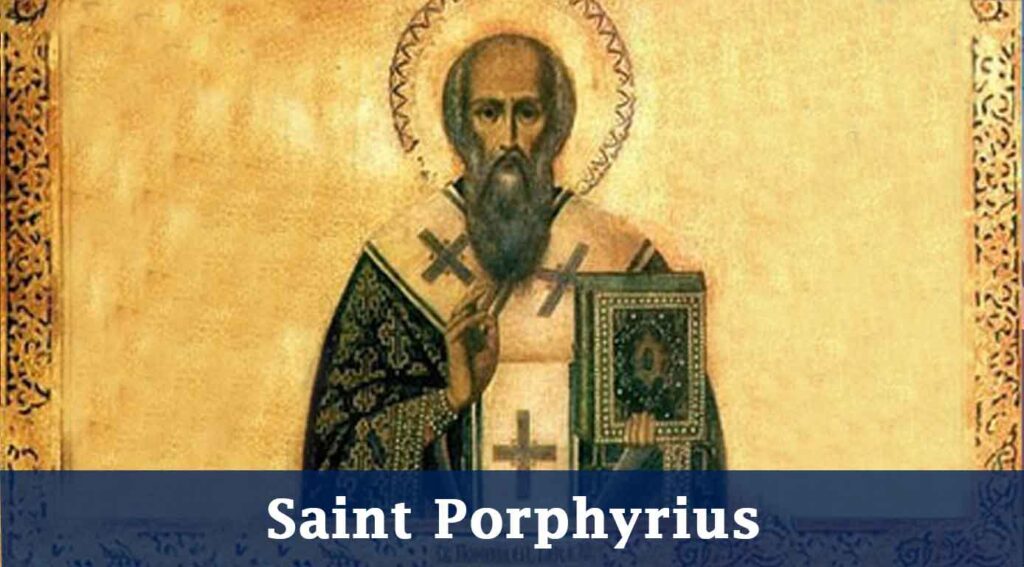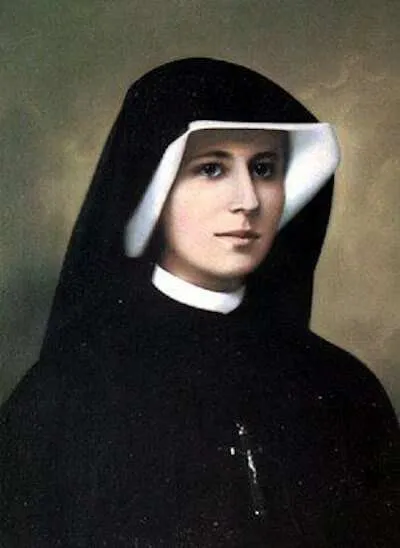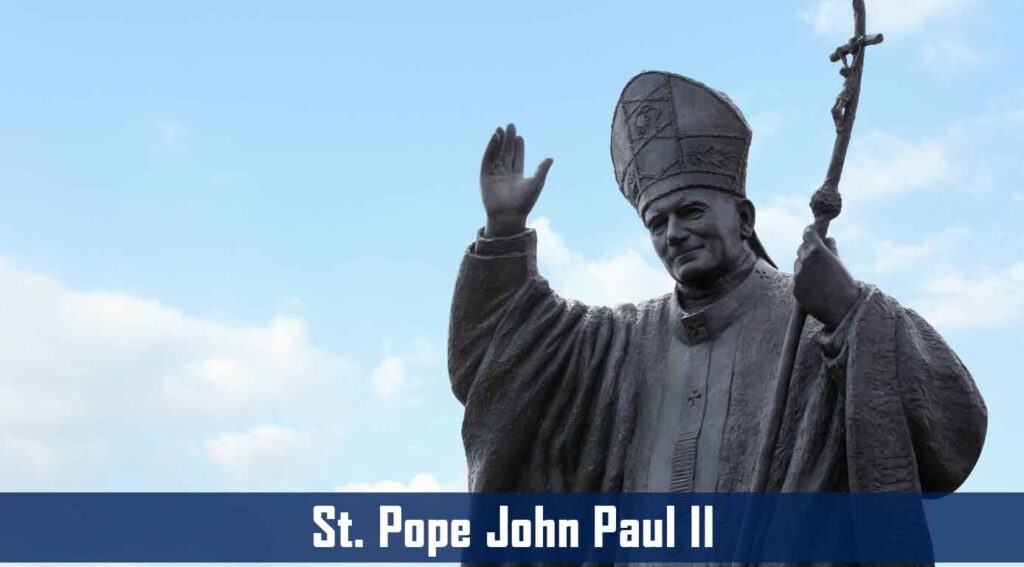Saint Thomas More was an English lawyer, judge, social philosopher, author, statesman, and noted Renaissance humanist. He was born on February 1478, he was the second of six children.
Saint Thomas More was educated at St. Anthony’s School. From 1490 to 1492, More served John Morton, the Archbishop of Canterbury and Lord Chancellor of England, as a household page. In 1492, he began his studies on classical education at Oxford. In 1496, Saint Thomas More became a student at Lincoln’s Inn, one of the Inns of Court, where he remained until 1502, when he was called to the Bar. He continued the ascetic practices for the rest of his life, such as wearing a hair shirt next to his skin and occasionally engaging in self-flagellation.
Between 1503 and 1504, Saint Thomas More lived near the Carthusian monastery outside the walls of London and joined in the monks’ spiritual exercises. Although he deeply admired their piety, More ultimately decided to remain a layman, standing for election to Parliament in 1504 and marrying the following year.
In 1504, Saint Thomas More was elected to Parliament to represent Great Yarmouth, and in 1510 began representing London. From 1510, he served as one of the two undersheriffs of the City of London, a position of considerable responsibility in which he earned a reputation as an honest and effective public servant. More became Master of Requests in 1514, the same year in which he was appointed as a Privy Counsellor. Saint Thomas More was eventually knighted and made under-treasure of the Exchequer in 1521. As secretary and personal adviser to King Henry VIII, More became increasingly influential.
Saint Thomas More opposed the Protestant Reformation, directing polemics against the theology of Martin Luther, Huldrych Zwingli, John Calvin and William Tyndale. Saint Thomas More also opposed Henry VIII’s separation from the Catholic Church, refusing to acknowledge Henry as supreme head of the Church of England and the annulment of his marriage to Catherine of Aragon. After refusing to take the Oath of Supremacy, he was convicted of treason and executed. On his execution, he was reported to have said: “I die the King’s good servant, and God’s first”.


